The Impact Of Hard Water On Your Boiler System
Hard water is a common problem in many homes, however, the
effect it can have on your
boiler system is often
disregarded. The
calcium and
magnesium, found in hard water, has the potential to cause a variety of
issues for your boiler, including
decreased performance,
increased energy usage, and potential
damage to internal components. This blog post will allow us to have a look at the negative
impacts hard water has on boilers, as well as
advice on how to
avoid these problems and
preserve your boiler system for as long as possible.
Understanding Hard Water
Hard water holds
significant amounts of
minerals, particularly calcium and magnesium. These minerals can
build up in your boiler system over time. When hard water is
heated from your boiler, the minerals will form
limescale deposits, these deposits can
accumulate on heat exchangers, pipelines, and other internal boiler components. Limescale not only affects your boiler's performance, but it also
hinders water flow and heat transfer, resulting in
increased energy consumption and potential
malfunctions, these problems can potentially be very
costly if left.
Reduced Efficiency
Decreased efficiency is possibly the most noticeable
impact of hard water on your boiler. The limescale, that builds up on internal components, forms an insulating
barrier that
prevents heat transfer. This forces your boiler to work
harder and
longer to gain the correct temperature, this causes an
increased energy consumption and electricity
bills. Over time, this diminished efficiency can cause premature wear and tear on your boiler, which will
reduce the
longevity and result in
costly repairs or replacements.
Damage & Breakdowns
If left unchecked, the build-up of limescale in your boiler system can cause more serious problems, such as damage to internal components and potential failures. Limescale development will eventually lead to clogs in pipes, valves, and heat exchangers, resulting in decreased water flow, overheating, and pressure variations. These problems will put even more strain on your boiler, raising the likelihood of malfunctions, leaks, and costly repairs. You may avoid potential damage and extend the longevity of your boiler, by managing the impact of hard water on your system. If you notice any problems starting, you should get in contact with a professional as soon as possible to reduce the likelihood of further issues.
Mitigating The Effects
In order to
mitigate the
effects hard water has on your boiler, there are a number of
procedures you can implement. Installing a
water
softener to your home is one of the most common ways to solve hard water issues in your house. These remove the
minerals from the water supply, that cause the limescale
build-up. Regular
maintenance and descaling of your boiler system can also help
avoid limescale build-up and assure peak
efficiency. As well as this, utilising
inhibitor chemicals and magnetic
filters can help
protect your boiler from the impacts of hard water, extending its lifespan and
decreasing your energy
bills.
Hard water can significantly affect the
efficiency, energy
consumption, and
longevity of boiler systems. Noticing signs of wear and tear early and putting in effort to
alleviate these concerns will guarantee that your boiler performs
optimally and remains in good operating order for years to come. Managing hard water in your boiler system can save you
money by lowering limescale build-up and boosting energy
efficiency. Prioritise the
health of your boiler by treating the hidden cause of hard water to
avoid
costly repairs or replacements and maintain the
comfort of your home.
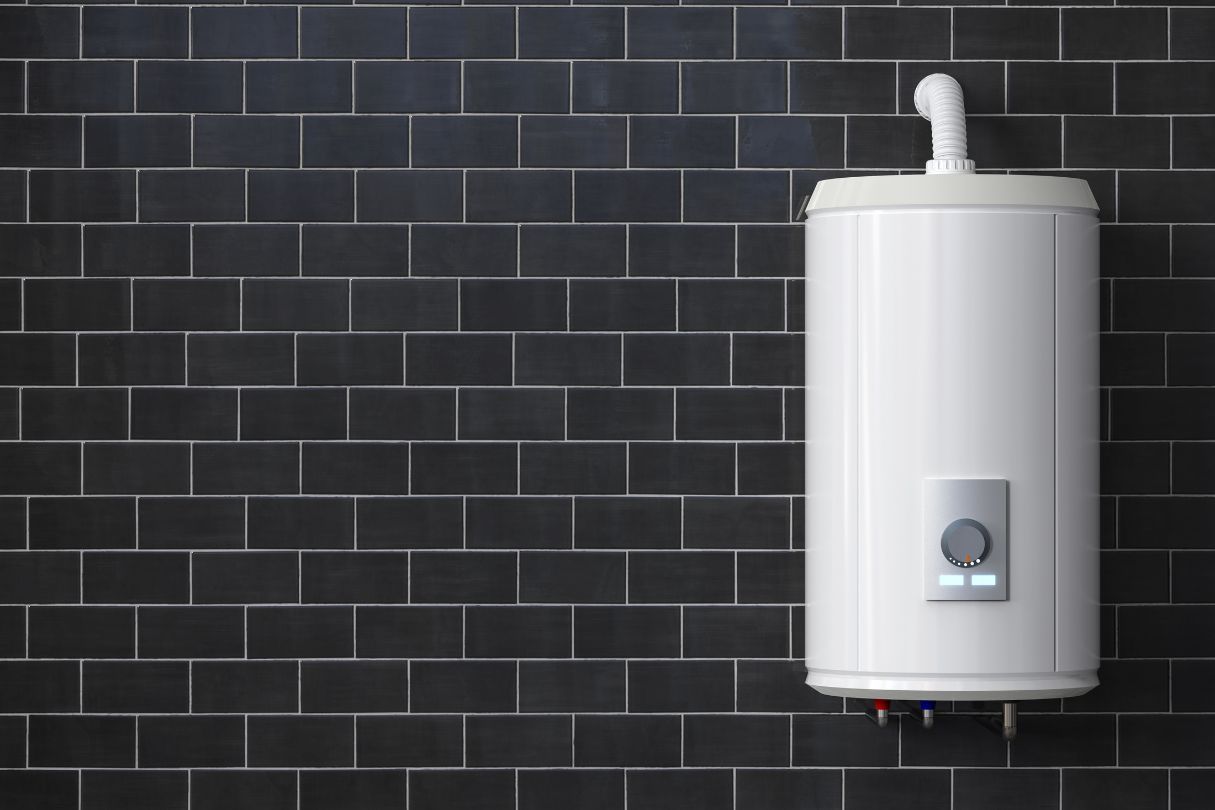
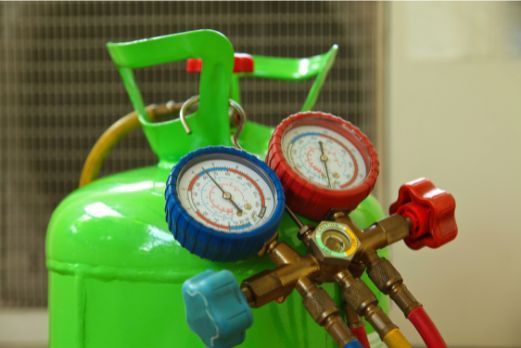
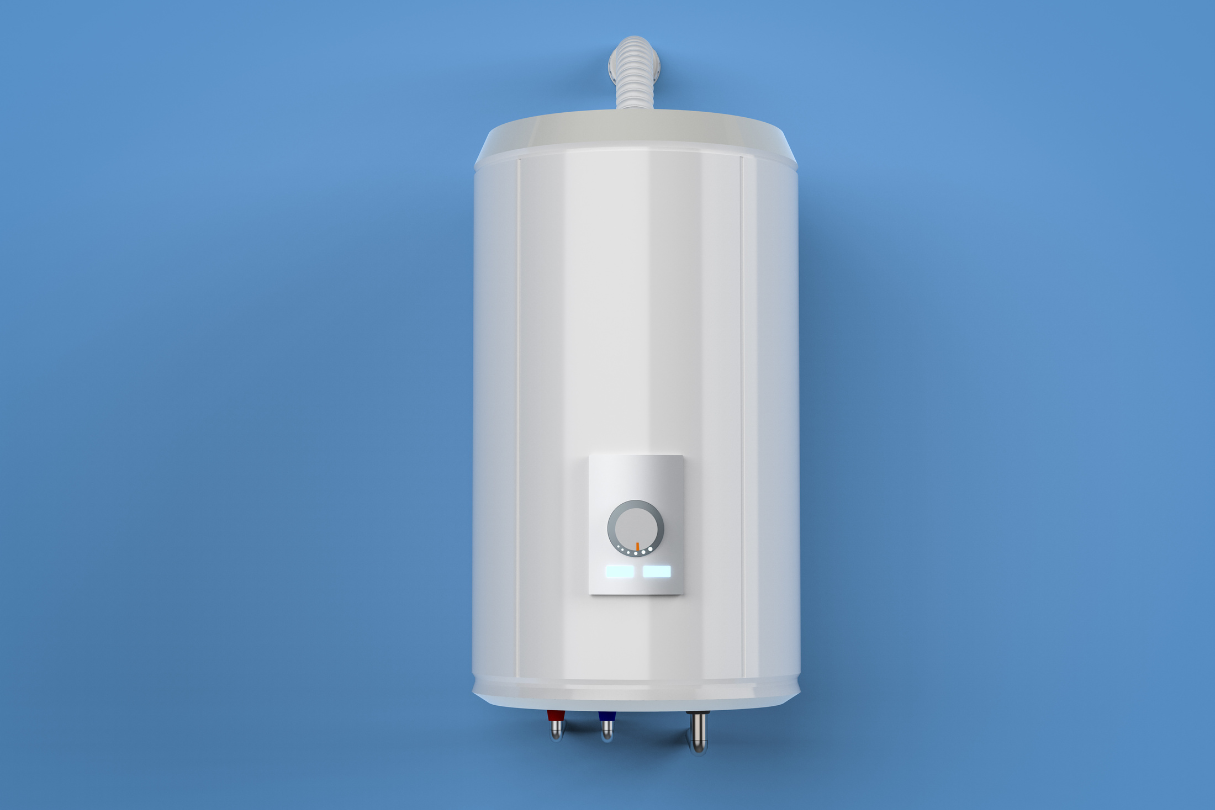
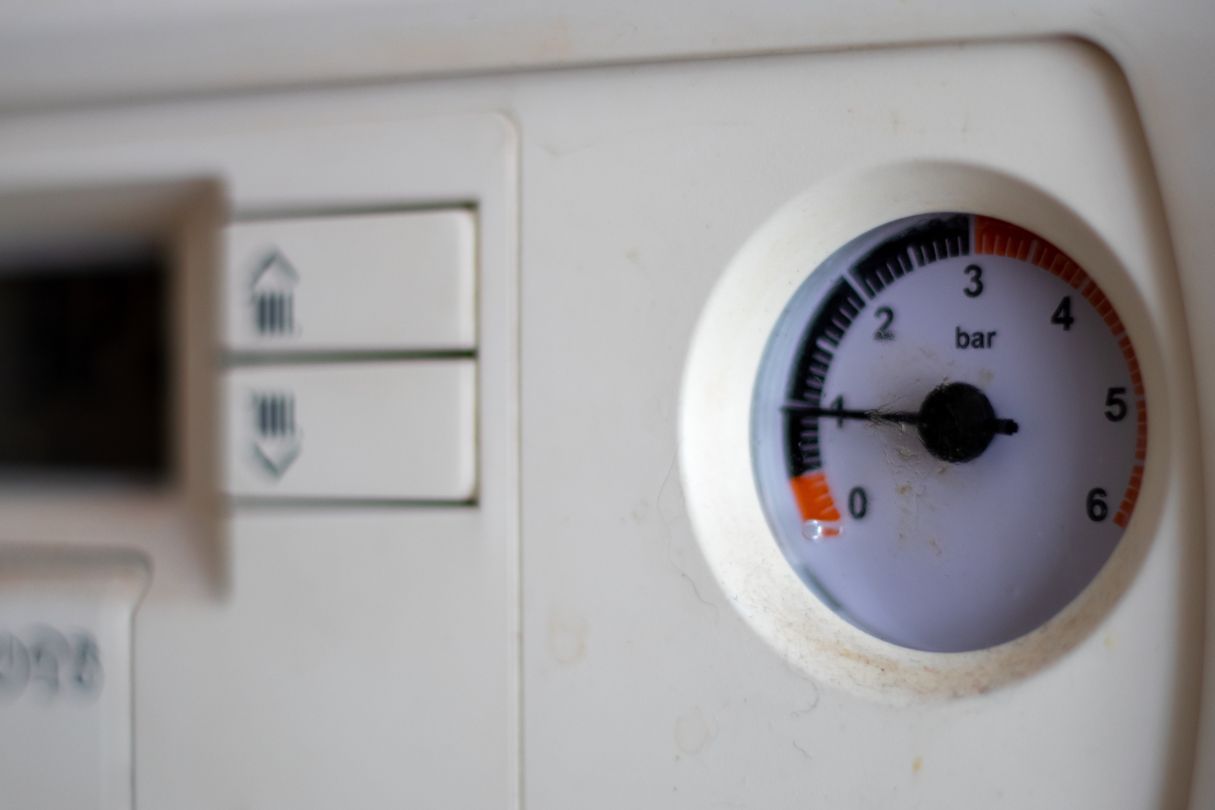
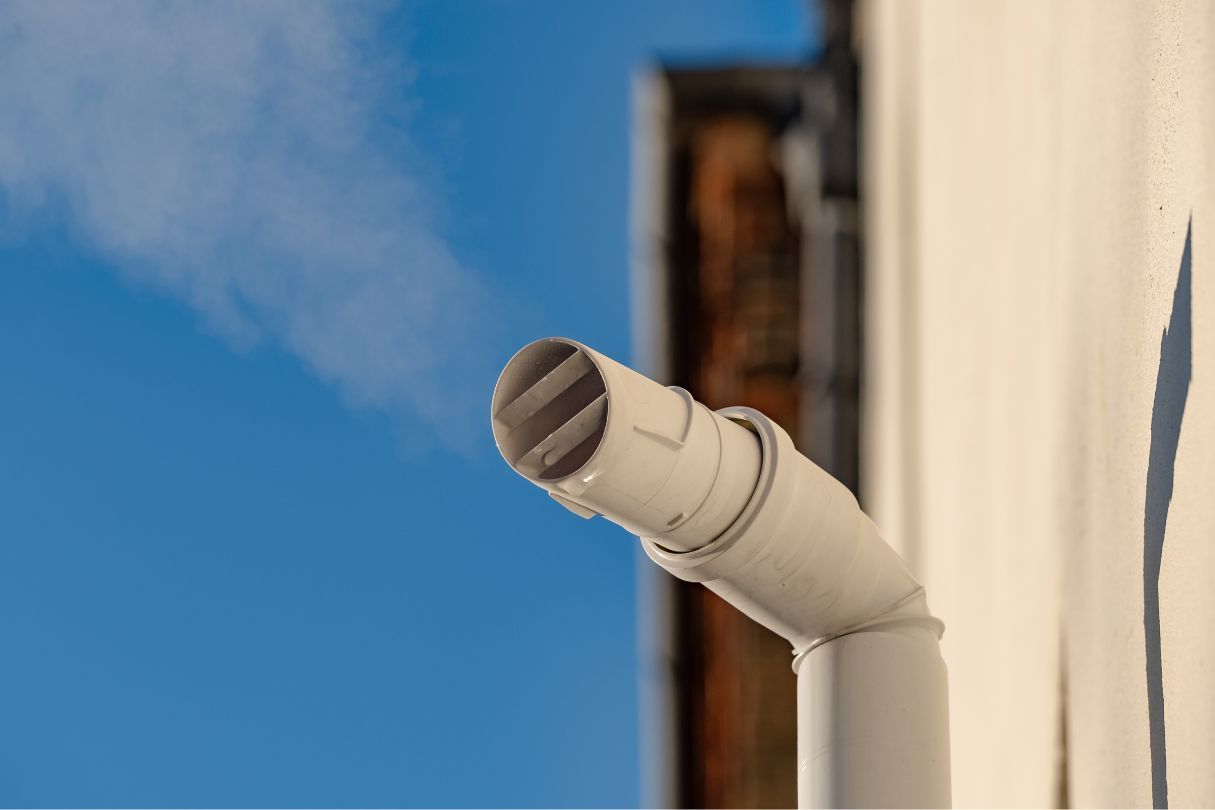
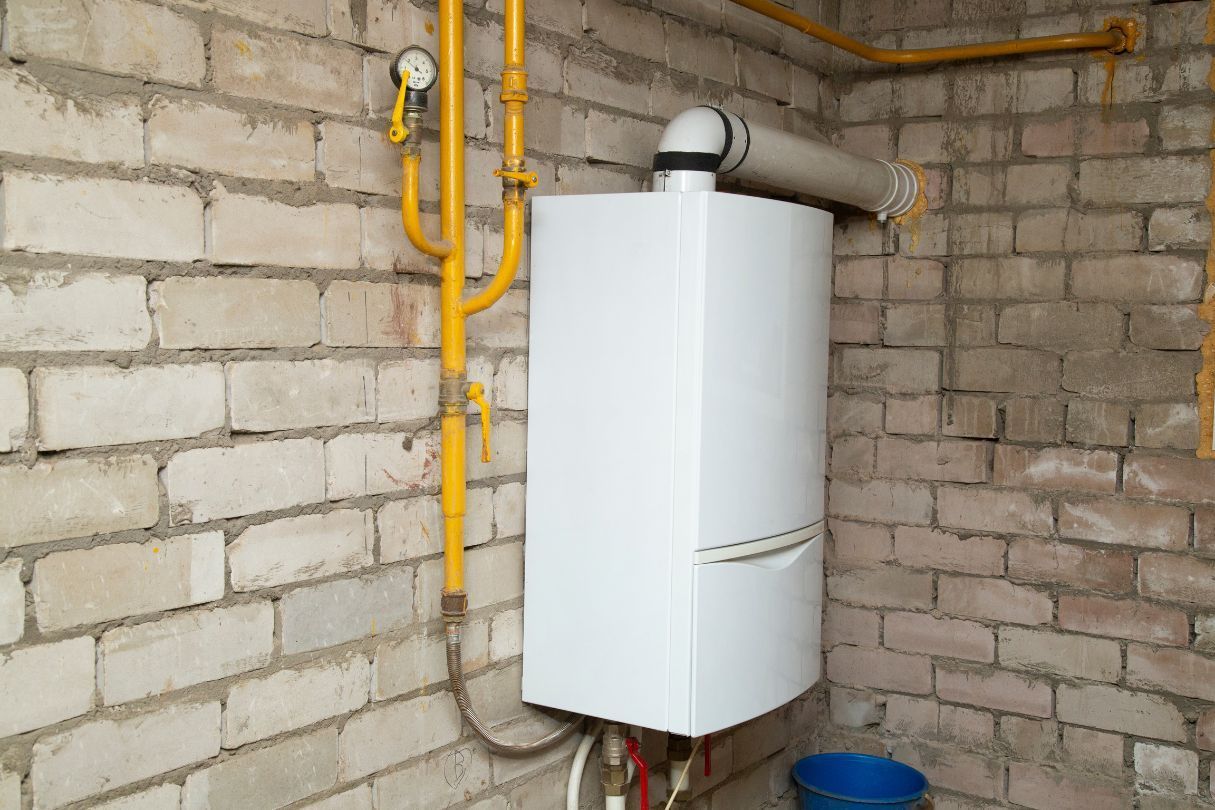
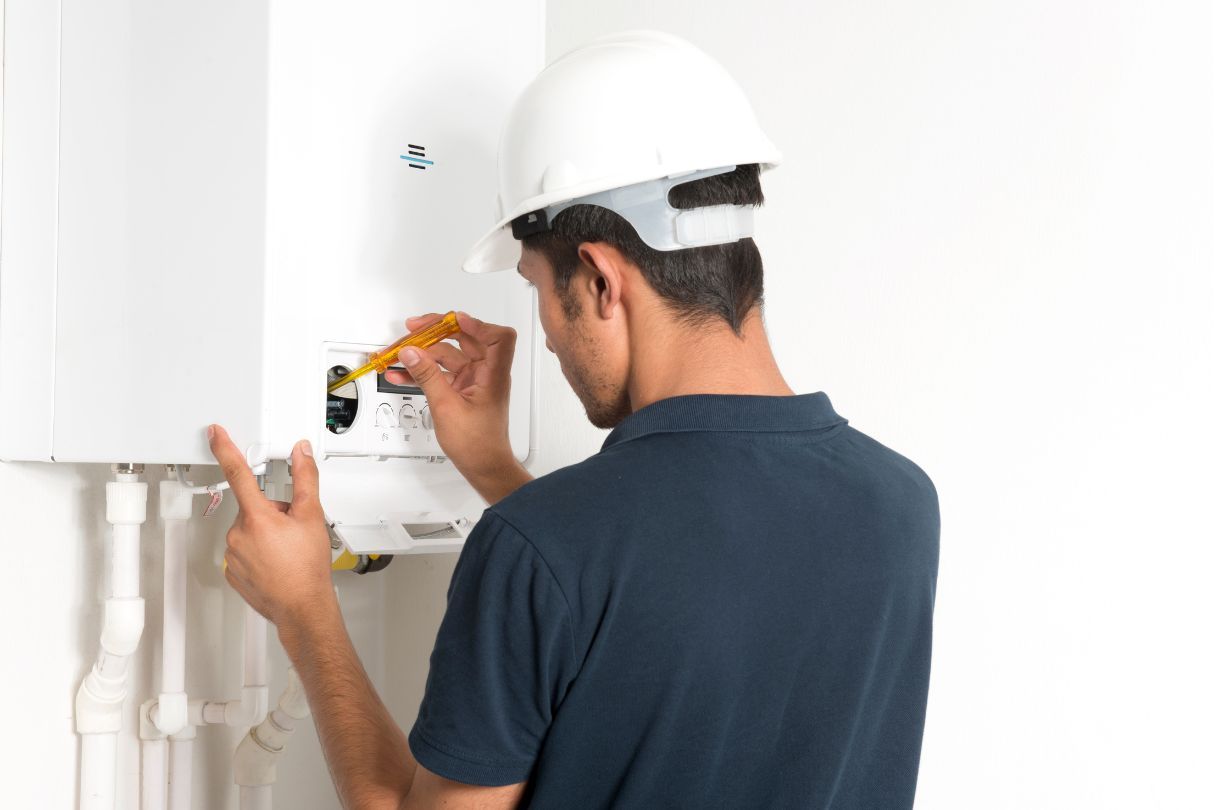
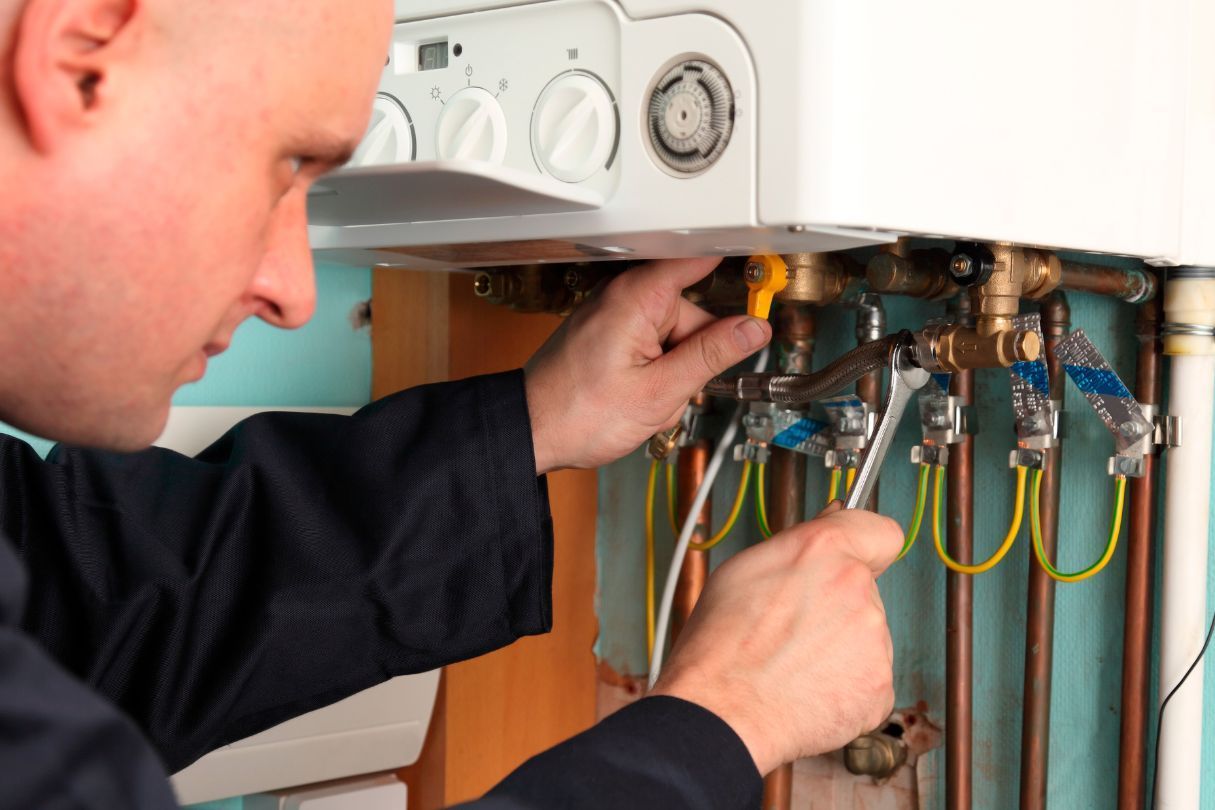
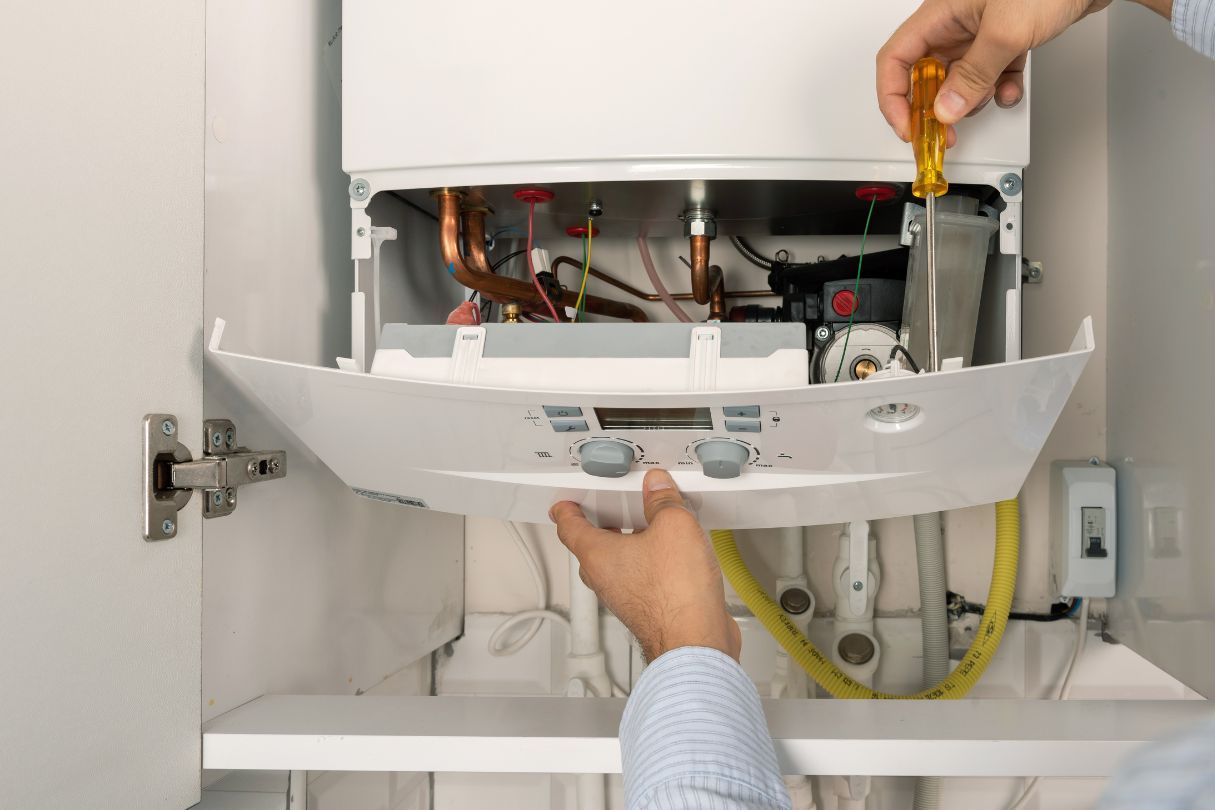
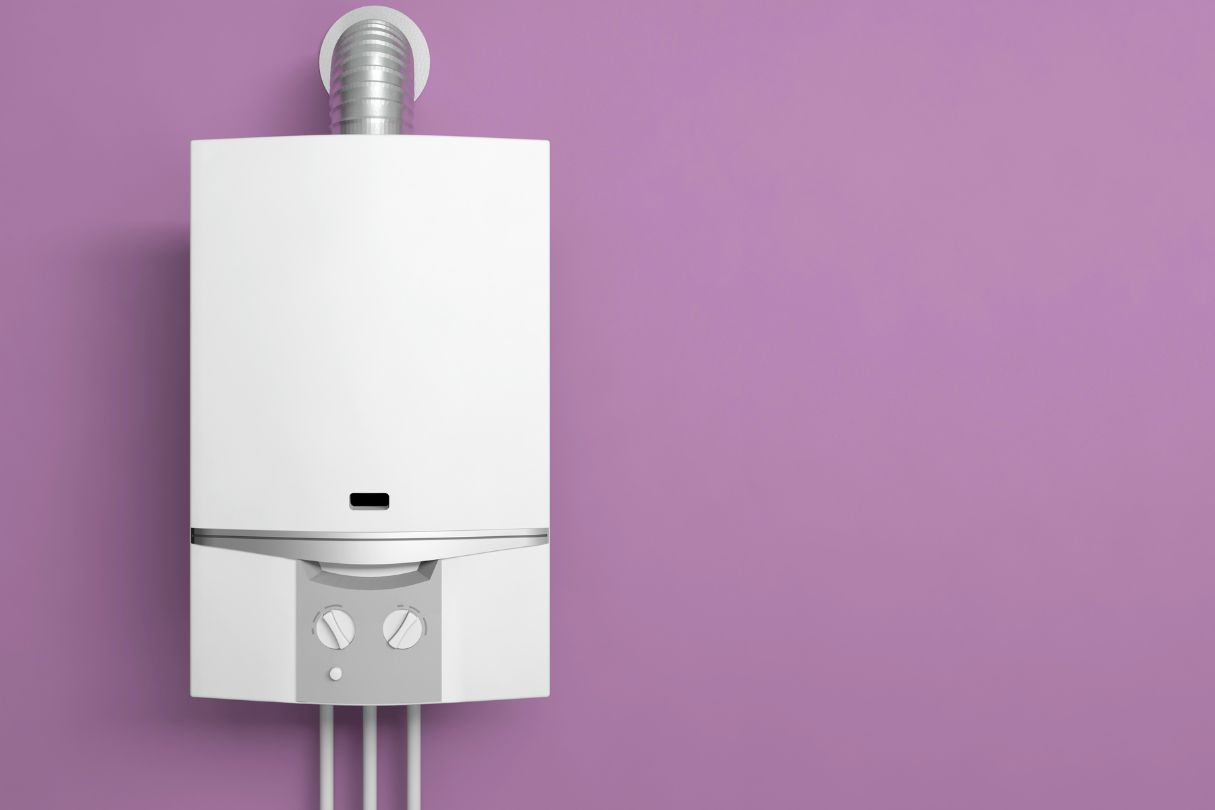
Contact Us
Opening Hours
- Mon - Sun
- -

All Rights Reserved | Privacy Policy | Yell It Boilers
